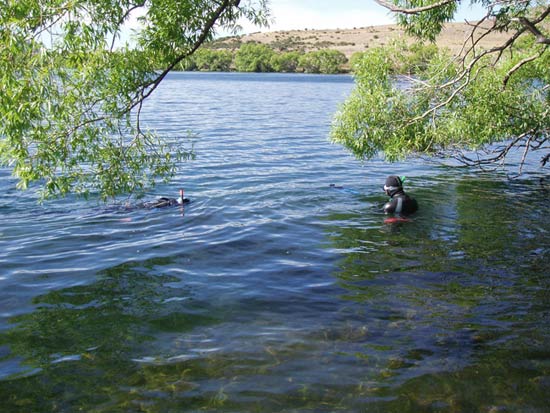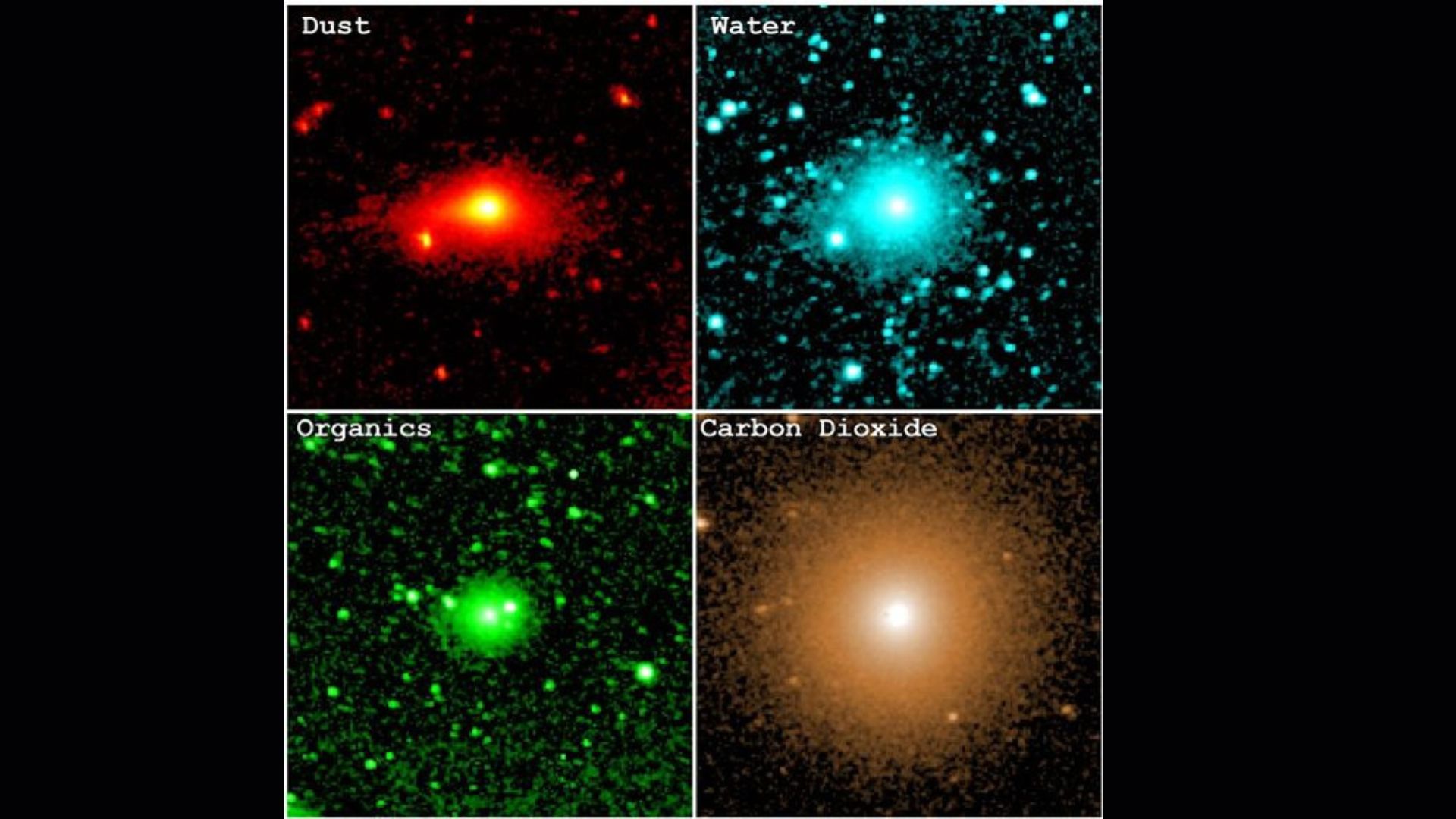Studying the Sex Secrets of a Snail Parasite

Get the world’s most fascinating discoveries delivered straight to your inbox.
You are now subscribed
Your newsletter sign-up was successful
Want to add more newsletters?

Delivered Daily
Daily Newsletter
Sign up for the latest discoveries, groundbreaking research and fascinating breakthroughs that impact you and the wider world direct to your inbox.

Once a week
Life's Little Mysteries
Feed your curiosity with an exclusive mystery every week, solved with science and delivered direct to your inbox before it's seen anywhere else.

Once a week
How It Works
Sign up to our free science & technology newsletter for your weekly fix of fascinating articles, quick quizzes, amazing images, and more

Delivered daily
Space.com Newsletter
Breaking space news, the latest updates on rocket launches, skywatching events and more!

Once a month
Watch This Space
Sign up to our monthly entertainment newsletter to keep up with all our coverage of the latest sci-fi and space movies, tv shows, games and books.

Once a week
Night Sky This Week
Discover this week's must-see night sky events, moon phases, and stunning astrophotos. Sign up for our skywatching newsletter and explore the universe with us!
Join the club
Get full access to premium articles, exclusive features and a growing list of member rewards.
Editor's Note: ScienceLives is an occasional series that puts scientists under the microscope to find out what makes them tick. The series is a cooperation between the National Science Foundation and LiveScience.
According to Indiana University evolutionary biologist Curt Lively, scientists have long wondered why clonal (asexual) reproduction does not replace sexual reproduction in natural populations. Recent research by Lively and his colleagues points to parasites as part of the answer, since the genetic variations that result from sexual reproduction may help the organisms avoid disease. Indiana University Bloomington and Swiss Federal Institute of Technology biologists collaborated on the research, which was reported in a July issue of Current Biology. The scientists' report represents direct experimental evidence for the "Red Queen Hypothesis" of sex, which suggests sexual reproduction allows host species to avoid infection by coevolved parasites because the potential hosts produce genetically variable offspring. The Current Biology report also supports the "Geographic Mosaic Theory," which says natural selection need not act uniformly on all members of a species, but can be intense in pockets of a population and absent elsewhere. An Indiana University press release explains the findings, while Curt Lively provides his answers to the ScienceLives 10 Questions below.
Name: Curt Lively Age: 55 Institution: Indiana University Field of Study: Evolution and Ecology
What inspired you to choose this field of study? Intriguing, unanswered questions, and the framework from which to study them.
What is the best piece of advice you ever received? From a high school baseball coach: "Take care of the fundamentals, and the fundamentals will take care of you." (Although, I can't say that I have always done that.)
What was your first scientific experiment as a child? I think it involved the optimal use of fireworks.
What is your favorite thing about being a scientist or researcher? The ideas, and the creative people who are drawn to them.
Get the world’s most fascinating discoveries delivered straight to your inbox.
What is the most important characteristic a scientist must demonstrate in order to be an effective scientist? Dedication.
What are the societal benefits of your research? We study the evolution of diseases, including the evolution of virulence and the effect of parasites and pathogens on genetic diversity in natural populations, and the effect of host genetic diversity in combating the spread of disease.
Who has had the most influence on your thinking as a researcher? The people who asked general, wide-open evolutionary questions, like John Maynard Smith, G.C. Williams, David G. Lloyd, and W.D. Hamilton, as well as my thesis advisor, John Hendrickson, who was a curious and enthusiastic naturalist, who asked stimulating questions about everything. What about your field or being a scientist do you think would surprise people the most? Some people might be surprised by the depth and rigor of the mathematical framework underpinning evolutionary theory. If you could only rescue one thing from your burning office or lab, what would it be? The handwritten data notebooks.
What music do you play most often in your lab or car? The blues. "Everything else is zippity do da" (Townes van Zandt)
 Live Science Plus
Live Science Plus










